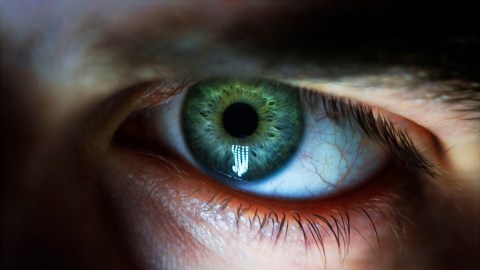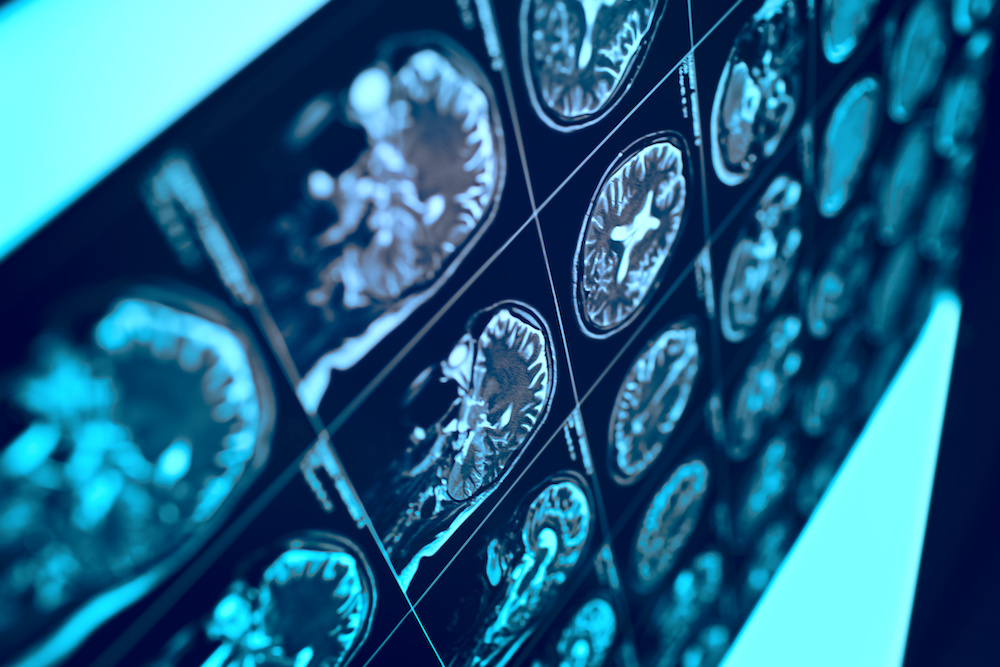Being awake after midnight might be bad for your brain

- Millions of years of evolution have adapted humans to daytime activity. Night is for sleeping.
- Researchers hypothesize that when we deny this biological reality, staying awake after midnight, our brain functions in an impaired state.
- This “Mind After Midnight” hypothesis could partially explain research showing that night owls suffer higher rates of depression, make poor diet choices, and tend to die earlier.
Humans are not nocturnal animals. Millions of years of evolution have adapted us to daytime activity. Night is for sleeping.
Evidence suggests that when we deny this biological reality and stay awake after midnight, bad things happen. The risk of suicide is three times greater between midnight and six in the morning compared to any other time of day. Humans are more prone to substance abuse at night and have a nearly five-time greater risk of opioid overdose. People also tend to make unhealthier food choices after midnight and take more risks, leading to injuries and financial losses.
One might think that sleep deprivation accounts for all of these unfortunate statistics, but as a team of scientists recently outlined in the journal Frontiers in Network Physiology, there might be something more at play.
“During the day, molecular levels [and] neuronal activities… are tuned to our usual behavior… which includes locomotor activity, eating, [and] conscious interactions with our environment,” they explained. “During the night, these parameters are tuned to the usual behavior of sleep. So, if we are awake at these times, neurophysiology is prone to foster behavioral dysregulation.”
The researchers dubbed this idea the “Mind After Midnight” hypothesis. The “dysregulation” they described can take the form of heightened emotional negativity, problematic over-thinking, a malfunctioning reward system that leads to overeating and increased risk-taking, and higher levels of anxiety, depression, and hopelessness.
To paraphrase, the researchers hypothesize that when the brain is awake after midnight, out of step with normal circadian rhythms, it functions in an impaired state. Circadian rhythms are physical, mental, and behavioral changes that follow a 24-hour cycle primarily in response to light and dark.
The authors detailed a scenario where the “midnight mind” could lead to disaster.
“A previously abstinent heroin user who successfully manages cravings during the day may experience greater cravings and diminished resistance at night. The appeal of heroin use becomes more desirable and satisfying than the potential costs, and a single impulsive decision leads to a relapse.”
But couldn’t the late-night brain impairment the scientists describe simply be attributed to a lack of sleep? If so, we might expect night owls — people who tend to stay up later at night and wake up later in the morning — to be just as healthy as morning larks, who rise early and go to bed early, more in keeping with the day-night cycle. Research, however, suggests that night owls suffer from higher rates of depression, are more likely to habitually use tobacco and alcohol, make poor diet choices, and die earlier. All of these findings are in keeping with the Mind After Midnight hypothesis.
Still, to further test their idea, the authors recommend conducting studies on brain function and behavior at night (preferably after midnight) with subjects who are not sleep-deprived. If the Mind After Midnight hypothesis has some truth to it, it can be practically applied right away.
“The simplest solution would be to help vulnerable individuals to sleep through the night, thus reducing their exposure to the times with elevated risk,” the authors noted.





